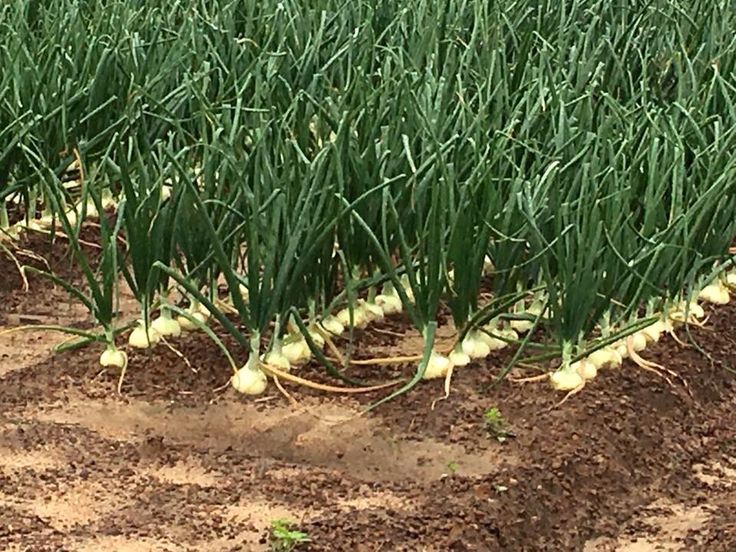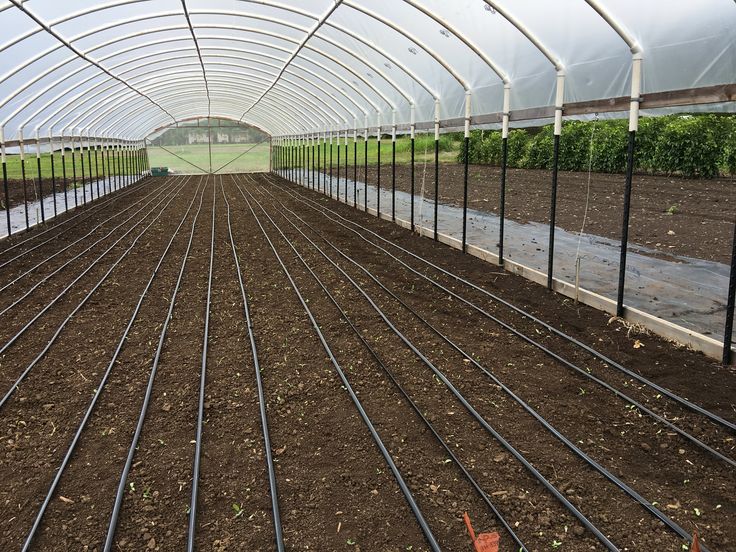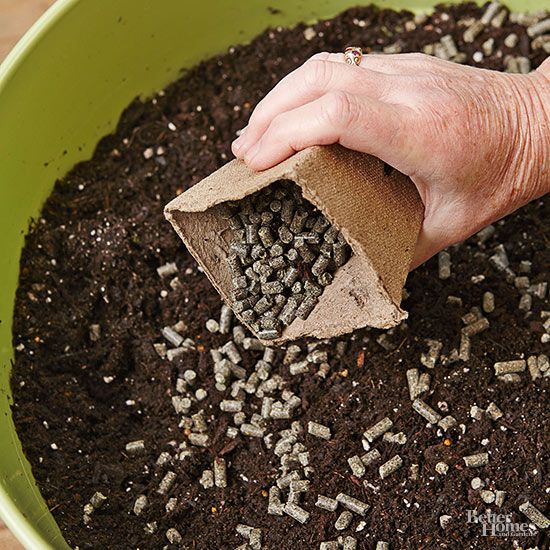
Onions are one of the most popular vegetables grown by people, as they can do a lot in the kitchen. They are easy enough to grow that any novice gardener can cultivate them without much trouble. However, obtaining the best and largest bulbs means proper onion fertilizing.(garlic fertilization)
Onions can be planted either in fall or spring, and the planting time determines when fertilization should start. For strong and large onions, fertilizer should be applied at planting time and continued throughout the growth cycle of the onions. However, there is a point in the season when fertilizing should stop.
Right after the proper planning for fertilizer application, there would follow in onion production successful harvesting because fertilizers and timing influence your yield especially when onions are cultivated for their max-bulb sizes.
Preparing the Soil Before Planting.

Thus, the production of a good onion crop would be dependent on the preparation of soil before planting onions. Onions prefer growing in loose, free-draining soil with organic matter. First and foremost, the position should get full sun; onions need at least 6–8 hours of direct sunlight daily for better growth. Remove all weeds, rocks, and debris from the place for the best planting bed.
Conduct a soil test to determine pH and nutrient levels. Onions prefer slightly acidic to neutral soil, pH 6.0 to 7.0. If too acidic, add agricultural lime to raise the pH; if too alkaline, add sulfur to lower the pH. Enrich soil with well-rotted compost or aged manure to improve fertility and texture.
Before sowing, a balanced fertilizer mixed into the top 6–8 inches of soil will work well. A good example would be 10-10-10, allowing all the necessary nutrients to become available for assimilation by the young plants, which include nitrogen, phosphorus, and potassium. Organic growing will incorporate bone meal, blood meal, or fish emulsion for extra nutrition.
Finally, rake the soil to level it and remove any remaining clumps. Proper soil preparation provides onions with the best foundation for healthy growth and robust bulb development.
Organic Onion Fertilizers.
Nature Safe 13-0-0
This organic fertilizer contains a combination of blood meal, feather meal, and meat meal. It is a superb source of nitrogen and a great fertilizer for onions and corn. It works excellently and gives good performance. It may be hard to find but is worth the search for its tried and tested benefits.
Blood Meal
With a standard analysis of 12-0-0 or 13-0-0, blood meal is a perfect fit for onions. The organic nitrogen fertilizer delivers immediate action to your plants and makes sure the plants receive everything necessary to grow to their fullest.
Feather Meal
Feather meal has an analysis of 13-0-0 and is considered to be slow-release nitrogen fertilizer. The slow release provides a continued supply of nutrients to support onion growth through the season.
Guano
Guano-based fertilizers are different in composition, so look for one that is high in nitrogen for the development of onions. While granular options are more common, guano can be found in liquid form. To apply, simply dilute it in water and pour it near the plants for an efficient way to feed onions during their growth.
These organic fertilizers provide effective, natural ways to meet the nitrogen requirements of onions, ensuring healthy foliage and strong bulb development.

Synthetic Onion Fertilizers.
Sodium Nitrate.
This is also known as Chilean Nitrate, which is a fast action nitrogen source suitable for heavily feeding crops like onions. Organic versions are available, though typically classified as synthetic. It should be used with caution since excessive application will result in salt buildup in the soil, which could kill plants.
Calcium Nitrate
Though onions do not need supplemental calcium, if you have some around, then calcium nitrate can be a useful fertilizer. While it is often used on crops like tomatoes and peppers to prevent blossom end rot, it will also supply onions with nitrogen and calcium to promote healthy growth.
Ammonium Sulfate
This is an ideal fertilizer to improve onion flavor intensity. The sulfur element gives it its spicy pungent taste while it also offers nitrogen for its growth. It is an efficient fertilizer for quick flavoring of onions and for their maturation.
Urea
With an impressive nitrogen analysis of around 46-0-0, it provides a strong nitrogen boost for onions. However, it is a highly concentrated fertilizer, so use it carefully to avoid “burning” plants. If applied correctly, it is going to deliver rapid results, promoting lush foliage and healthy bulb formation.
Are Any Downsides Use Of Synthetic Fertilizers?
While synthetic fertilizers can provide quick nutrition to onions, there are also some drawbacks to relying on them heavily. Salt buildup in the soil is a major concern because it hurts the roots of plants and reduces the overall health of the soil. Moderation in the use of these fertilizers is therefore crucial to avoid long-term soil degradation.
The other challenge is weed growth. Synthetic nitrogen is very accessible to plants, including weeds, which can grow and compete with your onions for nutrients. If you select synthetic options, you are going to have to manage increased weed pressure as part of your maintenance routine. These issues aren’t insurmountable, but they are things to keep in mind when deciding on your fertilization approach.
How Often Apply Fertilizer
Onions require balanced nutrition throughout their growth. However, the time of application and frequency of fertilizer intake depend on the stage in which the onions are placed. When planting, mix in some balanced fertilizer, for instance, 10-10-10, into the soil to ensure that the onions get the right nutrient base.
After the initial planting, fertilize again about 3 weeks after planting when the onions start actively growing. This is a crucial time to provide nitrogen to support healthy leaf development, as strong foliage is essential for bulb formation. Continue applying a nitrogen-rich fertilizer every 3 to 4 weeks throughout the growing season.
Once the bulbs begin to enlarge, usually during mid-to-late summer, stop or cut back on applications of nitrogen so that foliage growth will not become excessive. This should be substituted with proper potassium and phosphorus for ongoing bulb development.
Apply a total of 3 to 4 fertilizer applications throughout the growing season depending on specific soil and variety requirements of your onions.